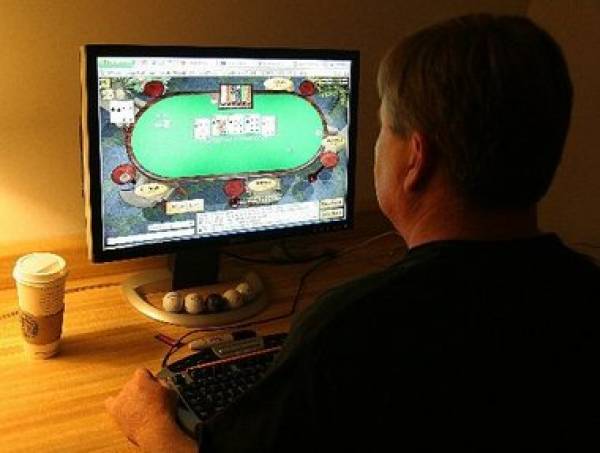Launch of DC Online Poker Venture May be Delayed

(Associated Press ) - The District of Columbia Council might delay the launch of the nation's first government-run online gambling venture.
Council member Jack Evans said at a committee hearing Wednesday that the Sept. 8 launch date wouldn't give Washington residents enough opportunity to object if they don't like the idea of local businesses becoming gambling hubs.
"I don't believe there's enough time to notify the residents and get feedback as to whether they want this thing in their neighborhoods," Evans said.
Council member Michael A. Brown slipped the online gambling measure into a supplemental budget bill that was approved in December, and it became law in April when Congress declined to intervene.
Now, council members are taking a closer look at the plans as the D.C. Lottery prepares to offer online poker, blackjack, virtual slot machines and other games by Sept. 8, initially at businesses.
The Council's Committee on Finance and Revenue, which Evans chairs, held the first public hearing on the online gambling program Wednesday — more than two months after it became law.
Evans could ask the lottery to delay implementation, or he could try to slow down online gambling through emergency legislation, although the latter option did not appear likely. He said he did not see any reason to delay allowing district residents to use their home computers to gamble.
While online gambling is essentially banned in the United States, federal law does not prohibit states from authorizing it within their borders.
The D.C. Lottery plans to use verification software and other mechanisms to confirm that the Internet protocol addresses used for online gambling are within the district.
To cut down on the number of IP addresses they need to certify, lottery officials plan to initially make online gambling available at businesses such as bars, restaurants and hotels before allowing players to log in from home.
D.C. Lottery director Buddy Roogow said the lottery would select online gambling hot spots the same way it selects lottery retailers, adding that bars, restaurants and hotels have already shown interest in participating. Roogow said the lottery would develop a mechanism for responding to complaints from residents.
Under the lottery's proposed regulations, gamblers would have to be at least 19 years old, and deposits in online accounts would be limited to about $250 a week. The site would accept only debit transactions, not credit cards.
Although the district plans to offer the wildly popular Texas Hold 'Em poker, Roogow said he had no desire to attract professional poker players who've been out of work since federal authorities shut down the three most popular online poker sites in April. The offshore sites are accused of conning banks into processing illegal transactions.
Intralot, a Greece-based company that has a four-year, $38 million contract as Washington's lottery vendor, is developing the online gambling platform and will collect 51 percent of the net revenues, with the rest going to the district. The district's chief financial officer has estimated that D.C. could bring in $13 million over four years from online gambling.
But poker players and industry experts have expressed skepticism that online gambling will take off in D.C. without bigger stakes.
About a dozen residents testified at Wednesday's hearing, and most said they were opposed to online gambling or wanted its implementation be delayed.
"Gambling destroys wealth. It doesn't create it," said Patrick Thibodeau, a member of a citizens group opposed to the law. "You have not studied the implications of this law or prepared the community for it."
Jeff Fried, a Washington attorney who does legal work for professional poker player Phil Ivey, said the district should consult industry experts about its plans because there were too many unanswered questions about security and logistics.
"I think you need to slow down," Fried said.
But Eric Prag, a recreational poker player, said he looked forward to the opportunity to play small-stakes tournaments on his laptop instead of traveling to out-of-state casinos.
"I think D.C. has an opportunity to fill a hole in this market," Prag said.








